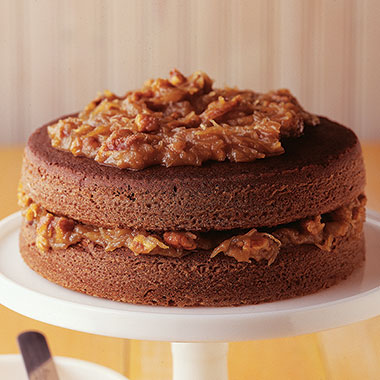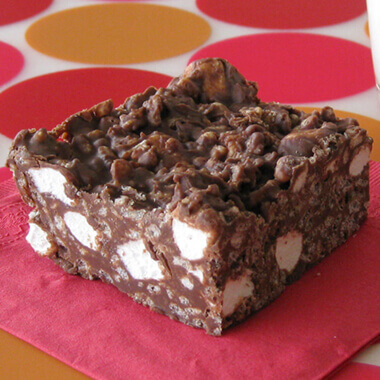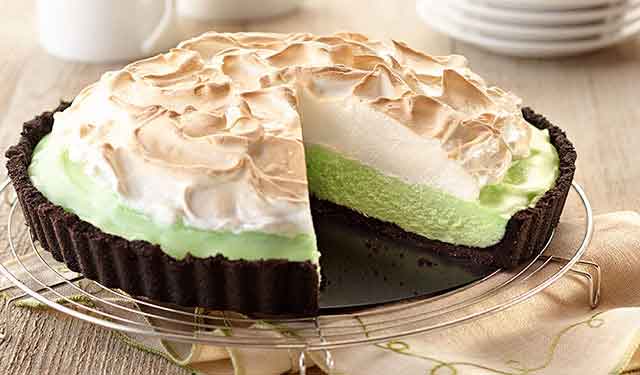
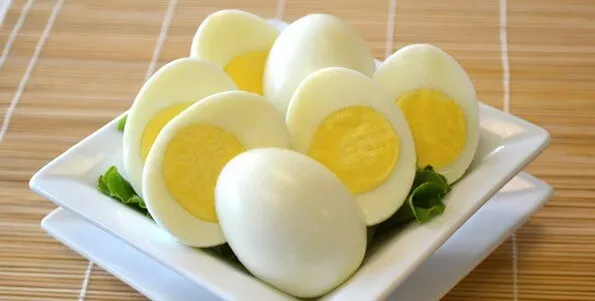
Kitchen Know-How: Hard-cooked Eggs for Variety of Recipes
Hard-cooked eggs are a classic ingredient any time of day in many summertime foods. From breakfast sandwiches and cold lunch sandwiches to picnic salads and cool appetizers, eggs provide (fill in the blank…good tasting protein, etc.).
 by
Cindy
by
Cindy
 by
Cindy
by
Cindy

Hard-cooked eggs are a classic ingredient any time of day in many summertime foods. From breakfast sandwiches and cold lunch sandwiches to picnic salads and cool appetizers, eggs provide (fill in the blank…good tasting protein, etc.).
Breakfast – Add slices of hard-cooked egg to a breakfast egg sandwich. It is especially easy when you hard cook several eggs ahead of time and refrigerate them. It is a great way to start the day and get protein in the morning.
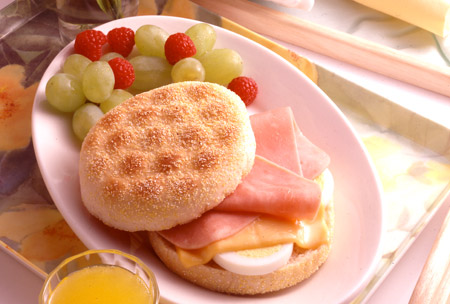
Good Morning Ham & Cheese Muffin
Lunch – Mid-day hard-cooked eggs are a main ingredient in egg salad sandwiches. Vary the egg salad mixture with herbs or veggies. You can make a traditional egg salad sandwich on two slices of bread or if you are more adventuresome, top an English muffin with a tomato, the egg mixture and heat it in the broiler.
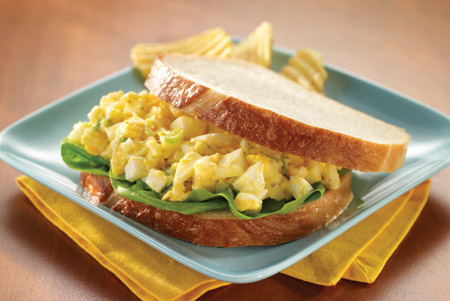
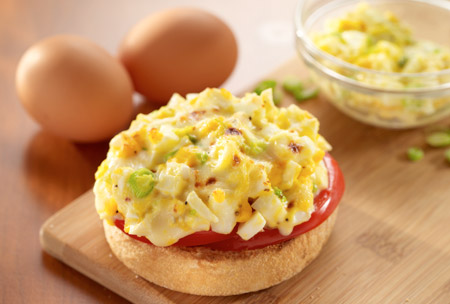
Broiled Egg Salad & Tomato English Muffin
Picnics - Cool picnic salads are summer specialties at picnic gatherings. I often bring potato salad which I have perfected to be my specialty for picnics. Hard-cooked eggs are a main ingredient in potato salad, too.

Similarly a favorite appetizer or side dish at summer picnics is deviled eggs. When making this recipe, you will likely want to hard cook 1 dozen eggs that will yield a platter of special hand-held summer appetizers.

Since hard-cooked eggs are a key ingredient in these recipes, it’s important to know the best way to hard cook eggs. Following this method will help to prevent the greenish ring around the yolk and also assure eggs are hard cooked completely.
Steps to Perfect Hard-Cooked Eggs
1. Carefully place the number of eggs you wish to cook in a single layer in a saucepan. If you are cooking 6 eggs, you will need a 4-quart saucepan. Add enough water to cover at least 1 inch above the eggs. Then cover the pan.
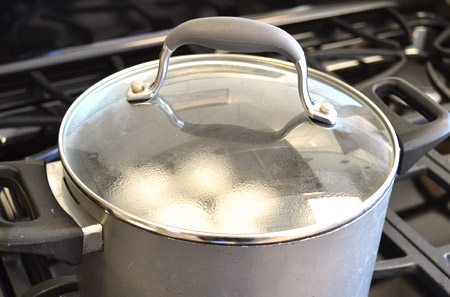
2. Bring the water in the pan to a boil over medium-high heat. Depending on the amount of water there is in the pan, it will take 12 to 15 minutes for the water to come to a boil.
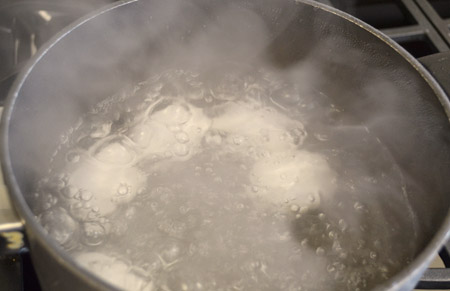
3. Remove the pan from the heat. Let the pan stand covered for 15 minutes. Then drain the water.
4. Next, place the eggs into ice water. Let the eggs stand in the ice water for 5 to 7 minutes. Then refrigerate the eggs.
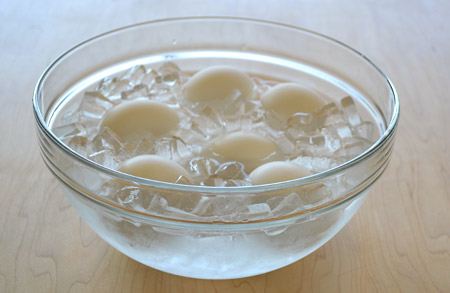
Share Your Thoughts
Did you find this article helpful? Has it inspired you? What else would you like to know?


